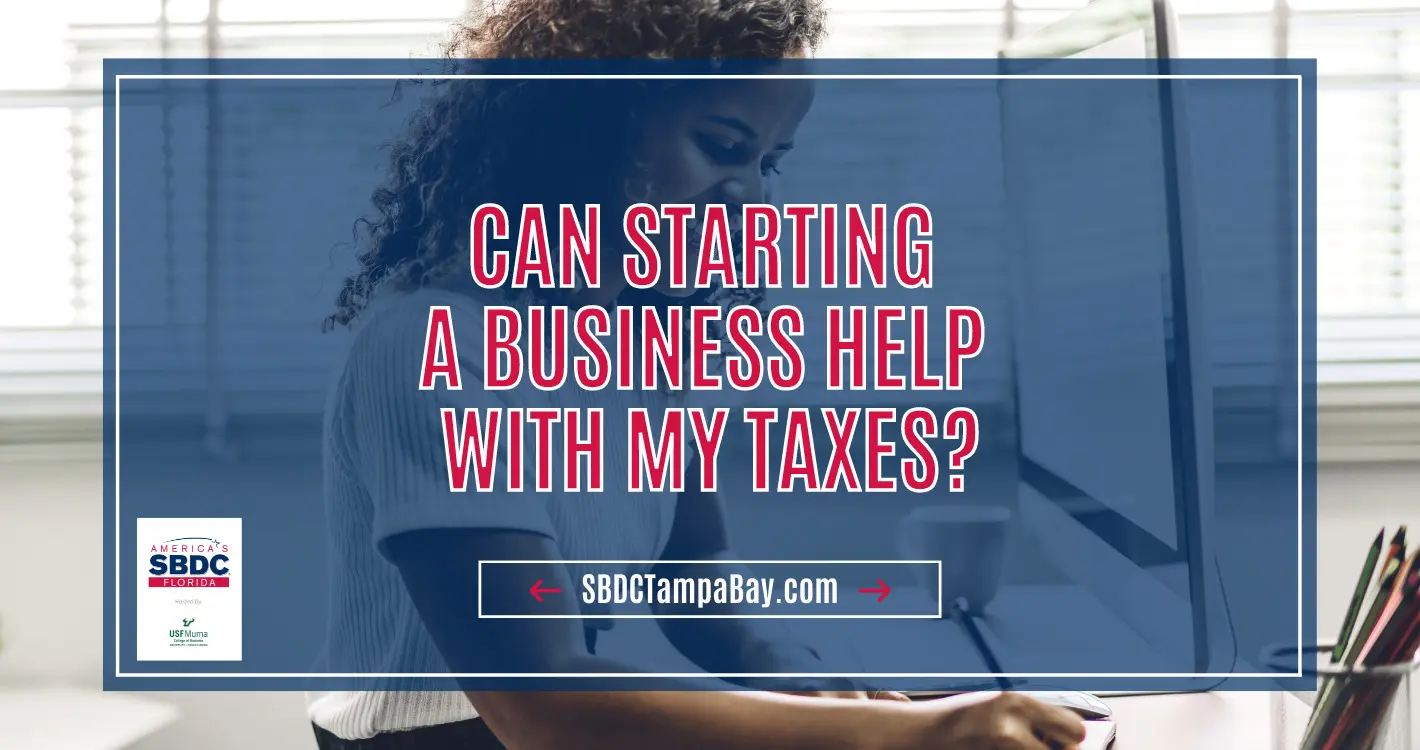Can Starting a Business Help with My Taxes?
by Simplice Essou, CPA | July 29, 2022
Starting a business can be an exciting endeavor. However, a lot of planning and preparation is needed before launching it. One of the issues the business owner needs to keep in mind is the tax implications of starting a business.
Most people considering starting a business often wonder what impact that would have on their personal taxes. The reality is that starting a small business could potentially lower your tax bill by thousands of dollars.
Tax Deductions for Starting a Business
Costs incurred to start your business are capital expenses. They are expenses that are incurred before the start date.
By starting a business one can claim deductions for expenses such as housing, depreciation on equipment and vehicle, utilities, and cost of goods sold (for manufacturing or retail businesses).
Startup expenses are a part of capital expenses; they’re the expenses the business has incurred before starting to sell to customers and clients.
Most capital expenses are not deductible, however, under current IRS rules, the business can elect to deduct up to a total of $5,000 in business startup expenses and business organizational expenses in the year the business starts operations. However, this applies only if startup expenses are $50,000 or less.
The $5,000 deduction is reduced by the amount of startup expenses or organizational expenses in excess of $50,000. Any startup or organizational costs in excess of the $5,000 can be amortized (deducted in equal installments) over 180 months.
There may be additional rules that affect your business, so be sure to consult with a professional tax advisor while you’re planning your business, particularly if you’ll be investing a significant amount of money. Tax laws are complicated, and some decisions are irreversible.
Ongoing Business Operational Tax Deductions Expenses:
Once the business is open there are additional deductions the business can deduct such as:
- Car and truck expenses: The portion of car and truck expenses related to the business activities is deductible. For example, expenses for gas and car repairs are deductible.
- Home office expenses: If the business owner uses a dedicated space in his/her home to run the business, depending on the business entity type, a deduction can be taken for home office use expense.
- Travel expenses: When traveling for business, travel expenses are deductible.
- Meals and Entertainment: When entertaining clients to discuss business, the expenses incurred are deductible.
- Computer and Internet expenses: Computer and internet expenses needed to run the business are deductible expenses.
- Telephone expenses: Telephone expenses incurred to run the business are tax deductible.
- Computer software: Computer software expenses incurred to run the business are tax deductible.
- Office expenses and supplies: Office expenses incurred, as well as office supplies to run the business are tax deductible.
- Insurance premiums: Business insurance premiums are tax deductible.
Using tax preparation software can help you find the deductions you can claim.
These deductions reduce the net income which have a direct impact on the owner(s)’ taxable income. Let’s take the example of a LLC or S Corporation owner. Taking deductions for business expenses reduces the business’s taxable income. Since LLCs and S Corporations are pass through entities, this reduced taxable income or loss will have a direct impact on the owner(s) personal taxable income.
Starting a business can help with taxes. However, it’s dependent on many factors, such as: incorporating your business, making the right entity selection (S-Corp, C-Corp, Partnership, LLC), and hiring a good accountant. When in doubt, be sure to reach out to professionals to guide you through the process.
Author: Simplice Essou





